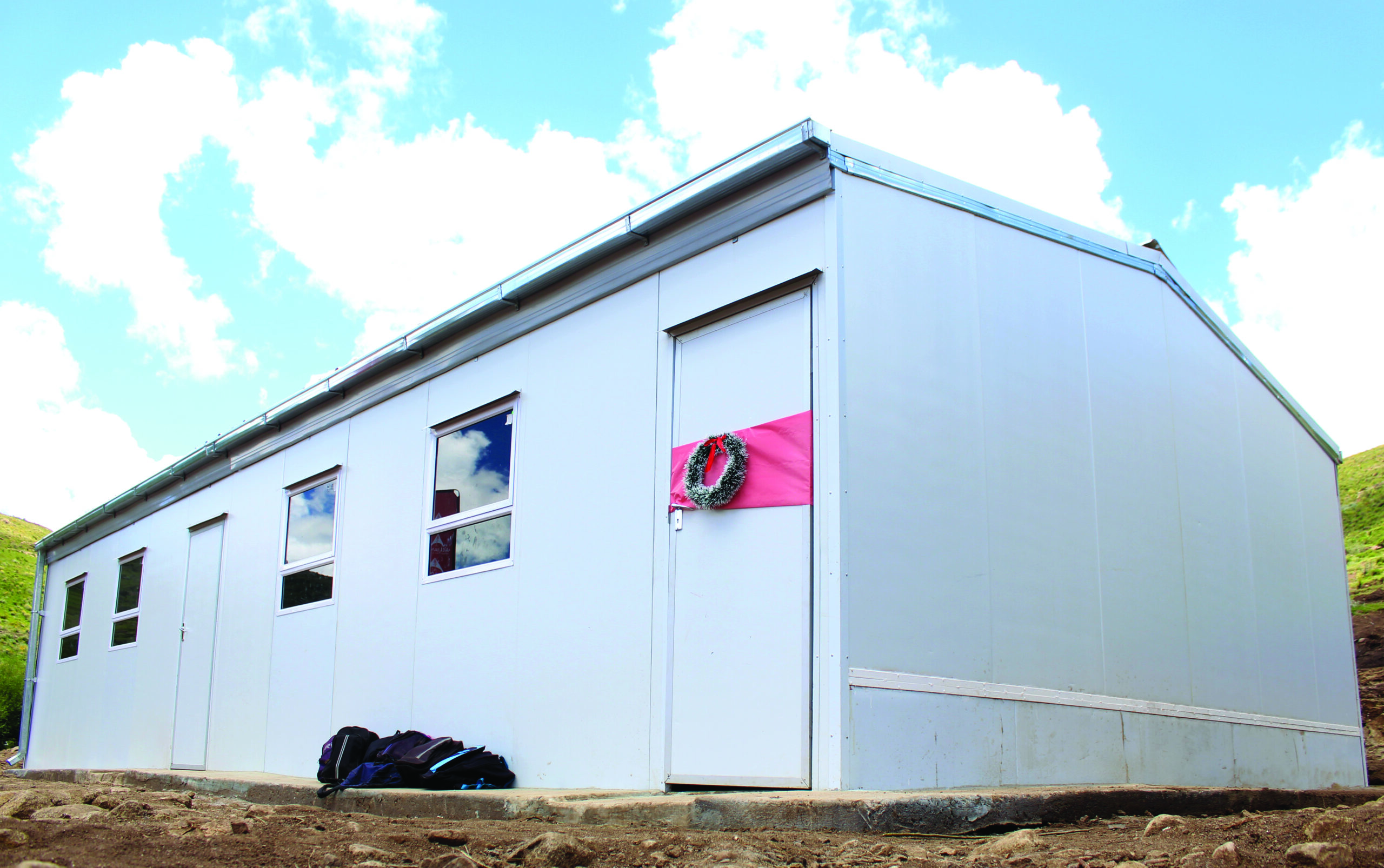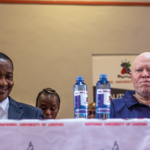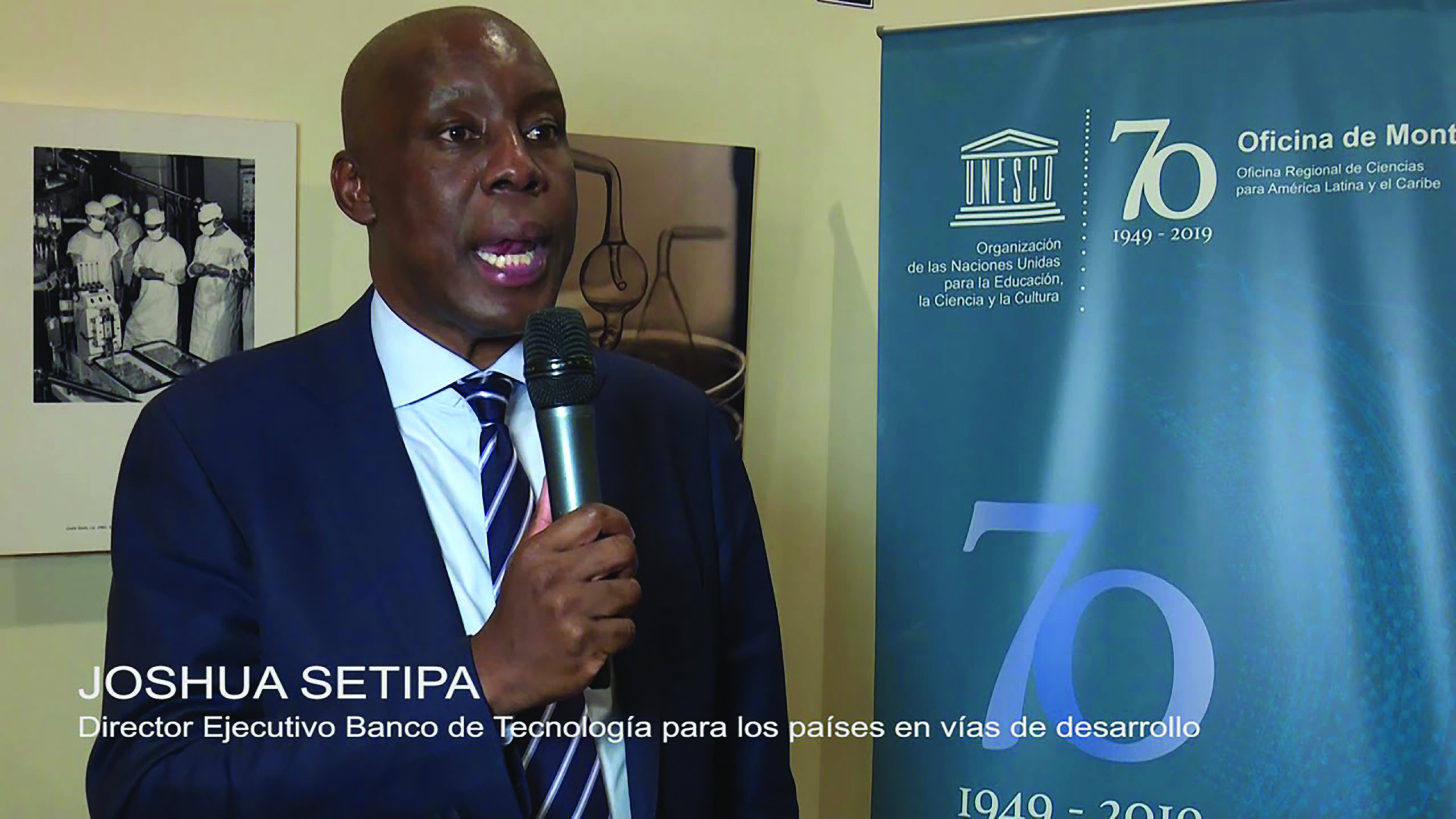Theko Tlebere
Without any doubt as we said last week, education remains and stands as the beacon of hope for Lesotho’s future. As I embark on the journey of making formidable strides on the importance of education in Lesotho, I felt it could largely be essential to look at the history of education in Lesotho, and probably how that history has shaped today’s education. My indictment is drawn from the conceptualisation of history as a very wide discipline which seeks from today’s vantage point to amass a comprehensive recollection of events, processes and mechanisms of societies, on many different levels (Banu, 2014). Consequently, History embodies the efforts undertaken to gain deeper understanding of how the world around us came to be.
For us to get a true and deeper understanding why our education system is as it is today, we need to all agree that we only do this just because we strongly believe that education is vital for Lesotho’s future. To truly grasp its significance, we must examine the historical context of education in the country and how it continues to impact the present-day system. By examining Lesotho’s education system through the lens of its colonial legacy, we can better understand the lasting consequences of colonisation.
This week’s article focuses on the colonial legacy that has shaped Lesotho’s educational landscape. We will explore how education was used as a tool of colonial control rather than a means of empowering the Basotho people. This exploration is particularly important for young individuals who are skeptical of education due to its historical association with colonial influence or any other kind of social constructed skepticism. In our last piece I mentioned in passing the historical context of Lesotho’s education, and the feedback I received actually advised me to look closely at the colonial legacy left in our education system.
Delving into the historical context as indicated last week, the roots of education in Lesotho trace back to the early 19th century with the establishment of schools by Christian missionaries. As noble as the gesture may have been then, it was evidently observed by many Basotho that over time, education emerged as a tool for empowerment and resistance against colonial subjugation. Lesotho, formerly known as Basutoland, was under British protection until gaining independence in 1966. Throughout the colonial period, education was utilised by the British colonial administration to further its own interests. The primary objective was not the intellectual development or societal progress of the Basotho people, but rather the preservation of colonial dominance and the perpetuation of the existing order.
The first issue that was empirical in the colonial education is the rrestricted educational opportunities: Under colonial rule, access to education was severely limited for the majority of the Basotho population. Schools were primarily established in urban areas, making them accessible only to a select few individuals who were considered loyal to the colonial regime.
This limited access to education deepened the divide between the privileged minority with formal schooling and the marginalised majority. What this means is that some of our fathers and mothers did not get education by choice but by lack of opportunities at the time. The good element now is that our own children have the opportunity to free primary education, or let me rather say, they have ample opportunities presented to them to access education.
The curriculum enforced in colonial-era schools reflected the cultural biases and ambitions of the colonial powers. Indigenous languages and cultural traditions were marginalised or suppressed in favour of British colonial ideals and values. This Eurocentric curriculum not only alienated Basotho students from their own heritage but also perpetuated feelings of inferiority and dependence on colonial authority. Just the fact of reading a book by Shakespeare is seen by many as a way of indoctrinating colonial thinking. Having an English curriculum also was culturally biased because we never got a chance to learn chemistry and physics in our language. Imagine how easy our learning could have been if we learned those difficult biology terms in our language just like Chinese?
Another factor that has left our education system dented for life is the reinforcement of social hierarchies: social reinforcement refers to the feedback that individuals receive from others in response to their actions. This feedback can take many forms, including smiles, acceptance, praise, acclaim, and attention. It has the power to encourage or discourage specific behaviors. According to social reinforcement theory, the mere presence of others can serve as a type of social reinforcement in itself.
The colonial education system served to reinforce existing social hierarchies and divisions within Basotho society. Education was used as a tool of social control, with colonial authorities employing a divide-and-rule strategy to maintain power. Those who acquired a western-style education often became complicit in the colonial administration or local governing structures, further solidifying systems of oppression and exploitation. I know this is history that we do not want to talk about or even remember, but the truth of the matter is that we are now reaping the results.
Luckily, we can proudly indicate that despite the oppressive nature of colonial education, Basotho demonstrated remarkable resilience and resistance. Informal learning networks and indigenous knowledge systems emerged as alternative forms of education alongside the formal colonial system. These grassroots efforts to reclaim agency and preserve cultural identity laid the foundation for subsequent movements toward educational reform and decolonisation.
Following independence in 1966, the government of Lesotho has prioritised education as a catalyst for nation-building, leading to advancements in access and infrastructure across primary, secondary, and tertiary levels. Despite strides made, challenges persist, particularly regarding access in remote and marginalised communities. Disparities in learning outcomes, teacher shortages, inadequate resources, and limited technological access remain pressing issues.
Nonetheless, the legacy of colonial education continues to impact Lesotho’s education system today. Ongoing challenges, such as unequal access to education, language barriers, and a curriculum that inadequately represents the nation’s cultural diversity, serve as reminders of the long-lasting effects of colonialism. Nevertheless, efforts to decolonise education and promote a more inclusive and culturally relevant curriculum are currently underway, providing hope for a future characterised by a fairer and more empowering educational system in Lesotho.
It really looks like the colonial legacy has caste a shadow over Lesotho’s education system, shaping its flight and perpetuating inequalities long after the end of colonial rule. Recognising and understanding this legacy is crucial to mapping a path towards a more equitable and inclusive educational future for Basotho. By acknowledging the past and working towards decolonisation and empowerment, Lesotho can forge a brighter educational path that respects its rich cultural heritage and facilitates genuine societal progress. The future is NOW!

Your Trusted Source for News and Insights in Lesotho!
At Newsday Media, we are passionate about delivering accurate, timely, and engaging news and multimedia content to our diverse audience. Founded with the vision of revolutionizing the media landscape in Lesotho, we have grown into a leading hybrid media company that blends traditional journalism with innovative digital platforms.











